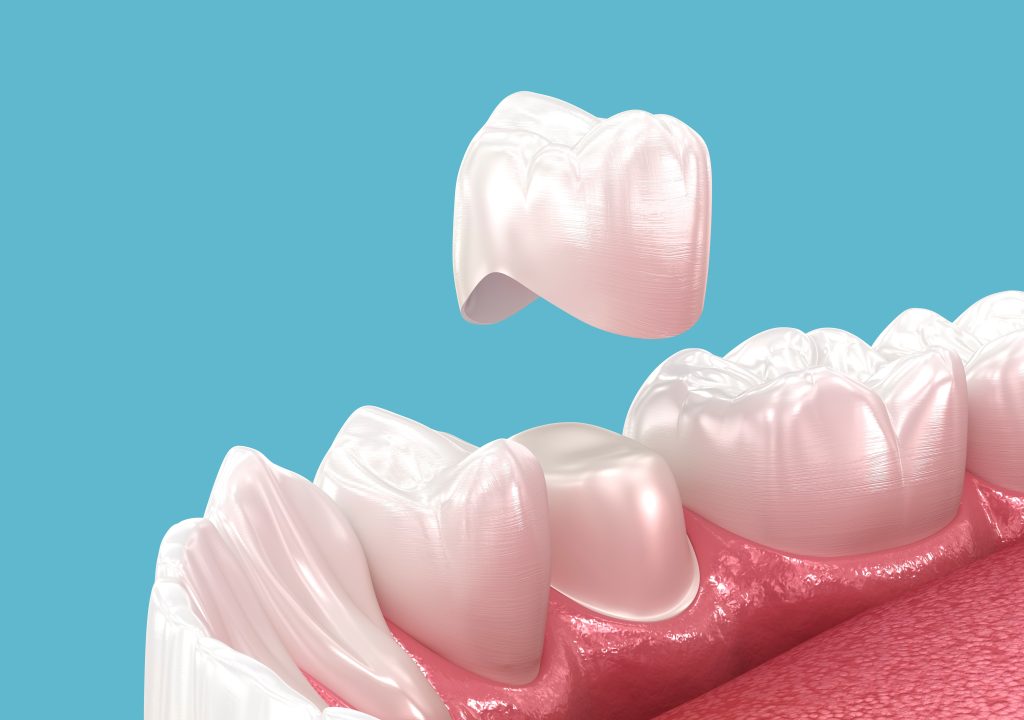In recent years, soft drinks have come under intense scrutiny. Whether from states like California trying to pass a tax on soda or critics that blame so called “Mountain Dew Mouth” – a condition commonly found in the Appalachian region of the U.S. and named after the area’s most popular beverage – as destroying the oral health of individuals too poor to receive regular Salmon Creek dental care, soft drinks have started to develop a poor reputation among health experts across the globe.
Studies have already found frequent soda consumption dramatically increases an individual’s risk of developing a number of chronic diseases, such as obesity, diabetes, and gum disease. Now two new studies suggest that a soda habit may increase a person’s risk of developing kidney disease.
Troubling Evidence
Employees at a Japanese university who consumed over two sodas a day were more likely to have protein in their urine when compared to individuals that drank two or fewer or no soda on a daily basis. It’s viewed as an early, but reversible, marker of kidney damage when protein is found in urine.
While this new study found a link between soda consumption and an increased risk of kidney damage, it didn’t prove conclusively that soda was responsible.
The study involved over 12,000 university personnel who participated in yearly checkups at the school’s health center. As part of the checkup, each employee had his or her urine screened for protein.
Researchers found that of the university employees who admitted consuming more than two sodas a day, 11 percent tested positive for protein in their urine during the three years the study was conducted. In contrast, 8.4 percent of participants who reported not drinking soda daily and nearly 9 percent of those who reported drinking an average of one soda a day tested positive for protein in their urine.
A second related study involving rats found that moderate consumption of the sugar fructose – found in most brands of soda – increased the kidney’s sensitivity to a specific protein that helps to regulate salt in the body. According to researchers at Case Western Reserve University who led the study, this leads to kidney cells absorbing more salt, which could explain why drinking soda has been linked to high blood pressure, kidney failure, obesity, gum disease, and diabetes.
Commenting on the study’s findings, researchers at Ohio State University weighed in to say that the affects of soda consumption seem to threaten even healthy individuals and not just those with an increased risk of developing kidney disease.
Researchers suspect sodas that contain high-fructose corn syrup present the biggest health risk to consumers. Because fructose is sweeter than glucose, and since it doesn’t satisfy cravings – leading people to consume more – fructose may harm the body differently than glucose, damaging the kidneys instead of raising blood sugar levels.
No Safe Solution
Due to the high levels of sugar these types of beverages contain, researchers warn that no amount of soda consumption should be considered safe or acceptable. Guidelines that set forth acceptable levels of sugar consumption fall well below the amount of sugar just one bottle of soda contains.
Guidelines set by the American Heart Association, for example, limit daily sugar intake to nine teaspoons for adult males, five teaspoons for female adults, and three teaspoons for children. A 20-ounce bottle of soda contains nearly 12 teaspoons of sugar, 33 percent more than recommended for adult men and four times the amount children should ingest daily.
The high levels of sugar and acid soda contains also make a daily soda habit detrimental to an individual’s oral health, in addition to increasing the risk of several chronic diseases.
The bottom line according to researchers is that most people need to start drinking more water instead of soda, unless they want to receive more Salmon Creek dental care then they’re used to needing.







